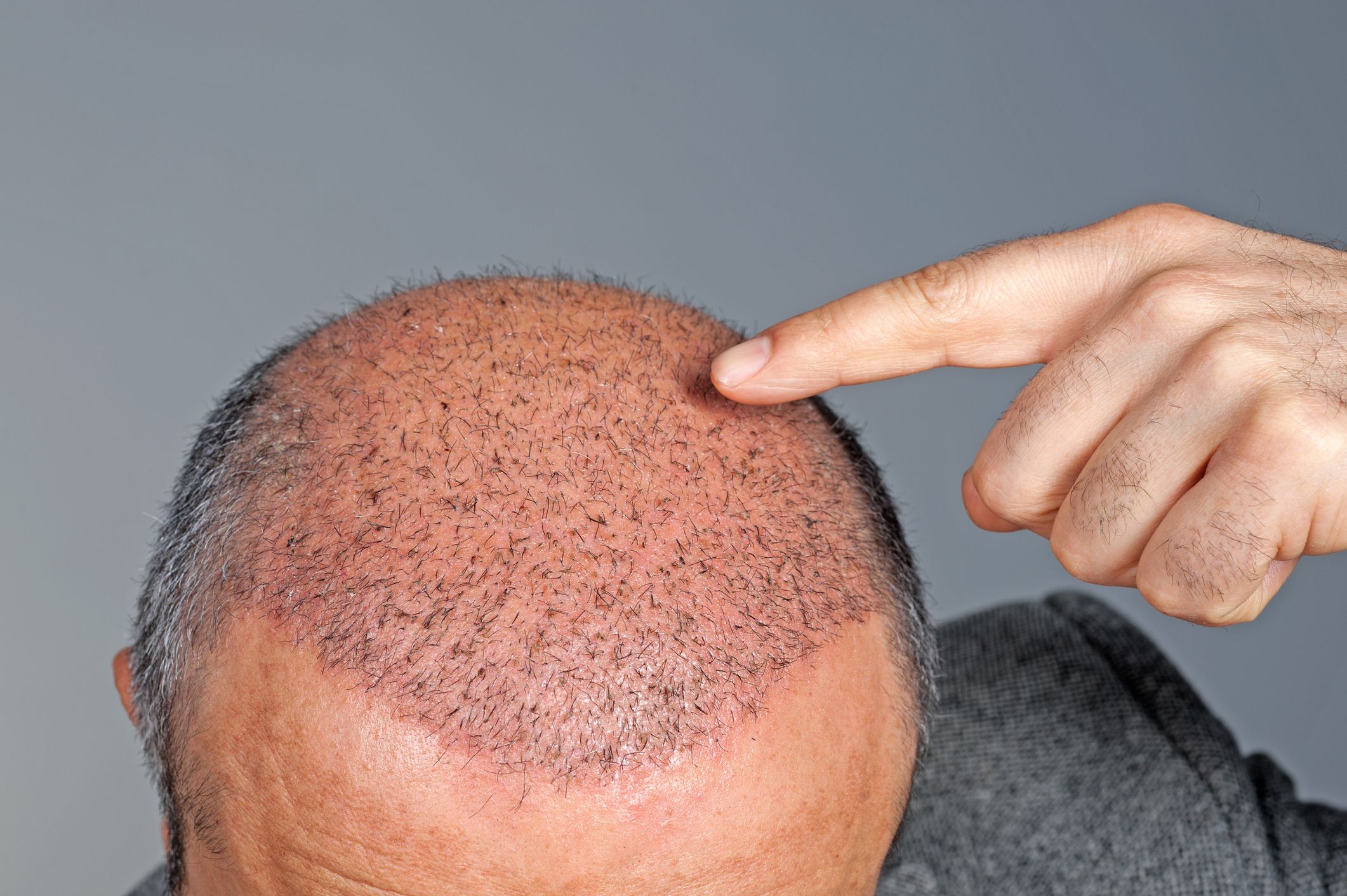
At one point, the medical community didn’t know much about whiplash. Little consensus existed about how to treat it. But in 2020, doctors know all about this condition and the best ways to heal afflicted individuals.
Whiplash happens most often in car accidents, but you might get it from a sports injury. However it occurs, it’s painful, and it’s going to take some time till you recover fully.
Let’s talk about what the medical community now understands about whiplash and the best ways of treating it.
What Exactly is a Whiplash Injury?
A whiplash injury occurs when your head snaps violently back and forth. You may not realize at the time what just took place. Later, you might tell that you have whiplash from:
- A sore, stiff neck
- A persistent headache
- Depression
- Irritability
- Less motion than you used to have
What happens is that the tendons, ligaments, and other neck muscles have strained or torn. The neck disks and intervertebral joints can also suffer damage.
How Long Does It Take to Heal?
Generally, whiplash cases take about 2-3 months to get over. However, in particularly violent accidents, it might be longer. In addition to those symptoms we already mentioned, you might be looking at:
- Fatigue and insomnia
- Concentration and memory problems
- Burning or prickling sensations
- Ringing in the ears or even vision loss
It all depends on how severe the incident was and how soon you got a diagnosis. If you let things go untreated for a while, you might have exacerbated the situation without realizing it.
What Do You Do if You Suspect Whiplash?
Medical professionals now understand the best treatment course through which you’ll need to go if you did indeed get whiplash in an accident. To assess how bad the damage is, they’ll probably put you through the following:
- A CT scan
- An X-ray
- An MRI
Doctors know that this type of injury doesn’t deal with broken bones, but rather, the soft tissue in the neck. The reality is that damage to this body part can impact sight, balance, sleep ability, and cause all the other symptoms we already mentioned.
How Do Doctors Treat It?
Whiplash can be a frustrating injury because, for the most part, the only thing that allows it to heal is time. You might be able to get pain-control drugs, but doctors will be very wary about what they give you, because of the opioid epidemic.
They might put you in a neck brace in some cases and instruct you to take some time off from work. The time spent at home might be tedious, but that’s what it will take to get you well. You probably won’t be able to work out like you normally can, or engage in any strenuous physical activities.
You might also treat the pain with hot or cold compresses. There are cold pads that you can put in the freezer that will feel good on your neck. You can get them at some drug stores or pharmacies, or there is a wide selection on Amazon or other online marketplaces.
What if You Sustained Whiplash at Work?
It’s not too likely this is an injury that would occur when you’re on the job, but it’s always possible. Maybe it happened when you were driving a forklift or something along those lines.
If so, then you might be able to collect worker’s compensation to help you pay for the various doctor bills that no doubt will be piling up. That’s going to come in handy, especially if you have a high-deductible insurance plan like so many Americans do.
You Might Also Need Physical Therapy
A little later on in the healing process, a doctor might also tell you to seek physical therapy. That will strengthen the damaged muscles, tendons, and ligaments.
It’s probably not going to be very much fun having to do those exercises every day, but if you’re persistent, you can come back from something like whiplash. Painful as it is, doctors don’t regard this is a lifelong injury or a life-threatening one.
A whiplash diagnosis might sound ominous, but it’s not the worst thing that you can hear. It’s not as bad as a broken neck, of course, that could paralyze you. You’ll probably have a long, painful road back to what you used to be, but you should get there.
If you think that you might be dealing with a whiplash injury, see a doctor without delay.








